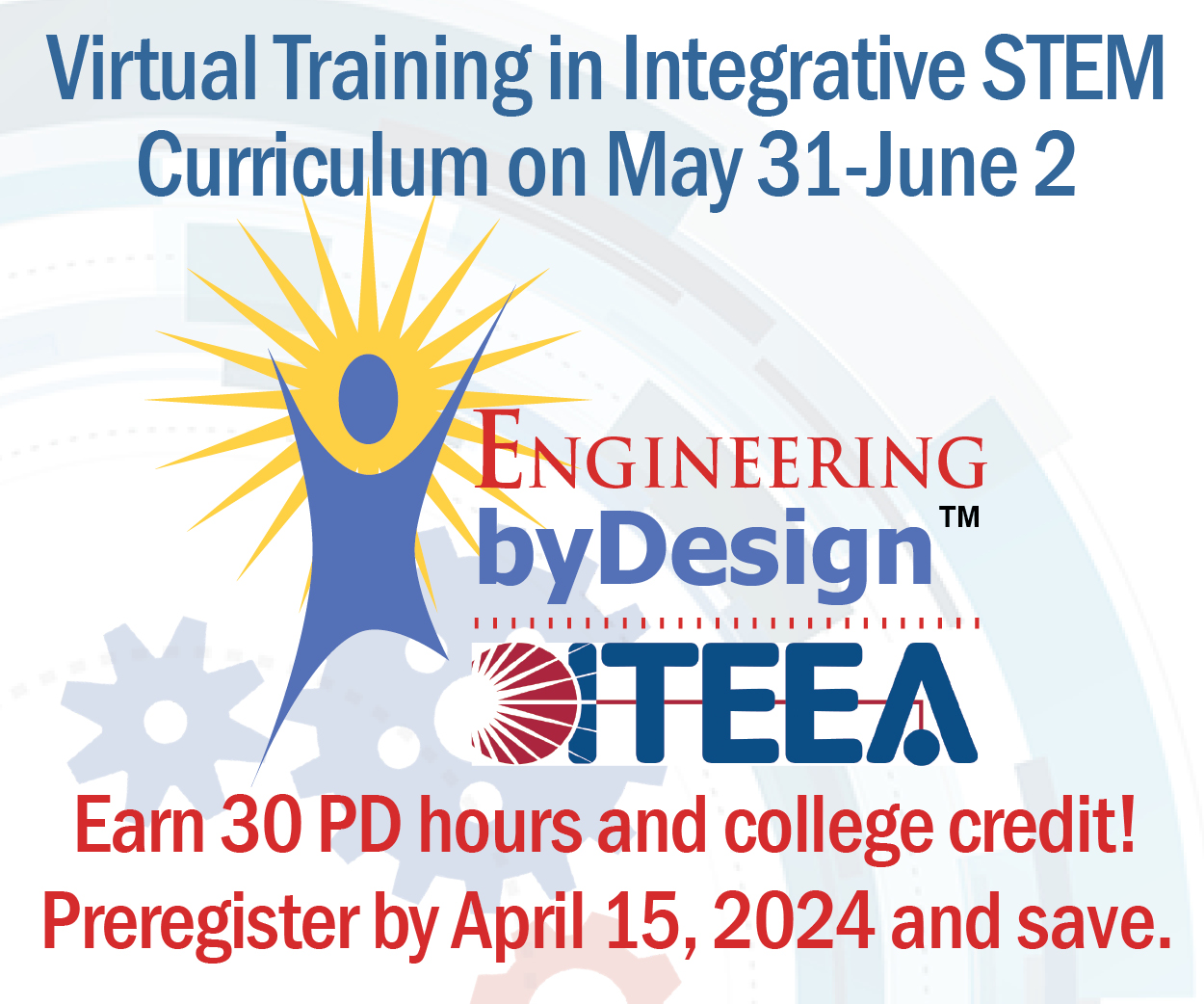Subscriber Special: 2nd Grade Bundle of Lesson Plans
Ask a Tech Teacher
APRIL 2, 2024
Every month, subscribers to our newsletter get a free/discounted resource to help their tech teaching. Not a subscriber? Click the button below. 2nd Grade Bundle of Lesson Plans 4-2-23 through 4-7-23 Price slashed from $7.99 to $3.99 What’s included in the 2nd Grade Lesson Plans Internet bundle: A brief summary of each project, including suggested grade level and prior knowledge, time required, software required Higher-order thinking skills addressed Technology-specific skills taught Five proje
















Let's personalize your content